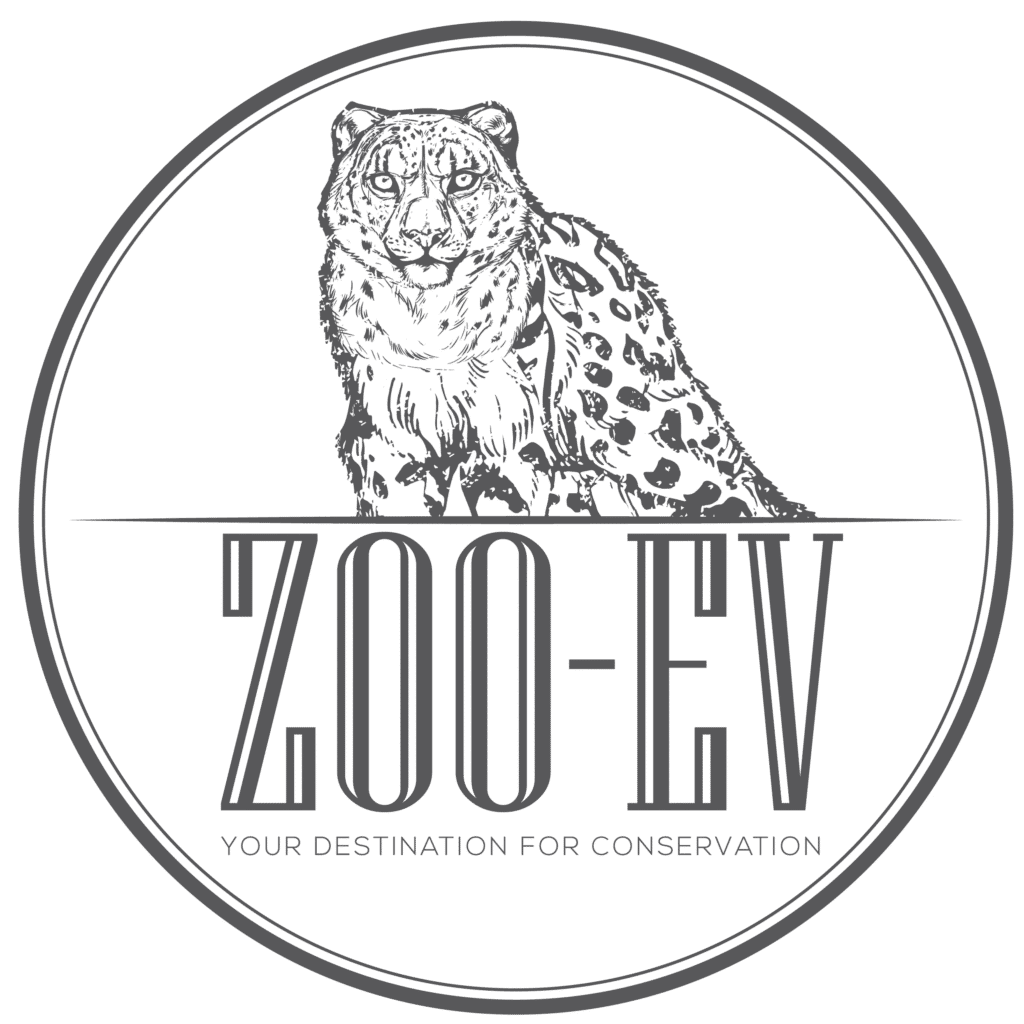Join the Global Movement
Protecting the World's Wild Cats
From the elusive snow leopard to the powerful tiger, 40 species of wild cats are fighting for survival. Zoo-EV is committed to conserving these majestic creatures through science, advocacy, and community action. Together, we can make a difference.
Protecting Wild Cats Across the Globe
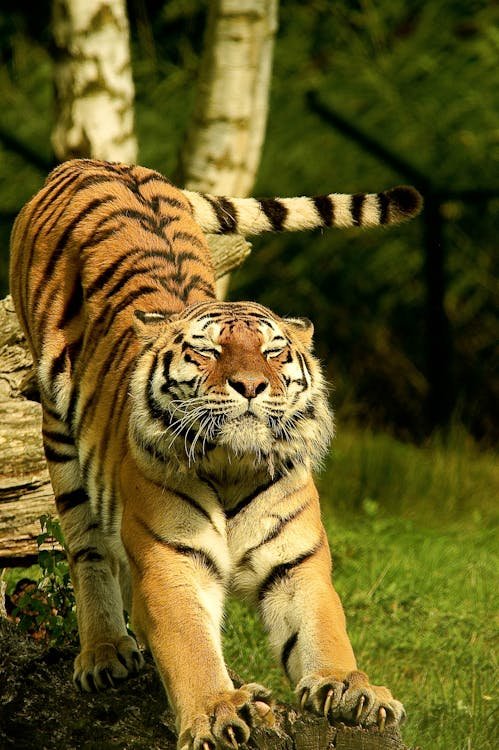
Education
We raise awareness through school programs, documentaries, and digital media to inspire the next generation of conservationists.
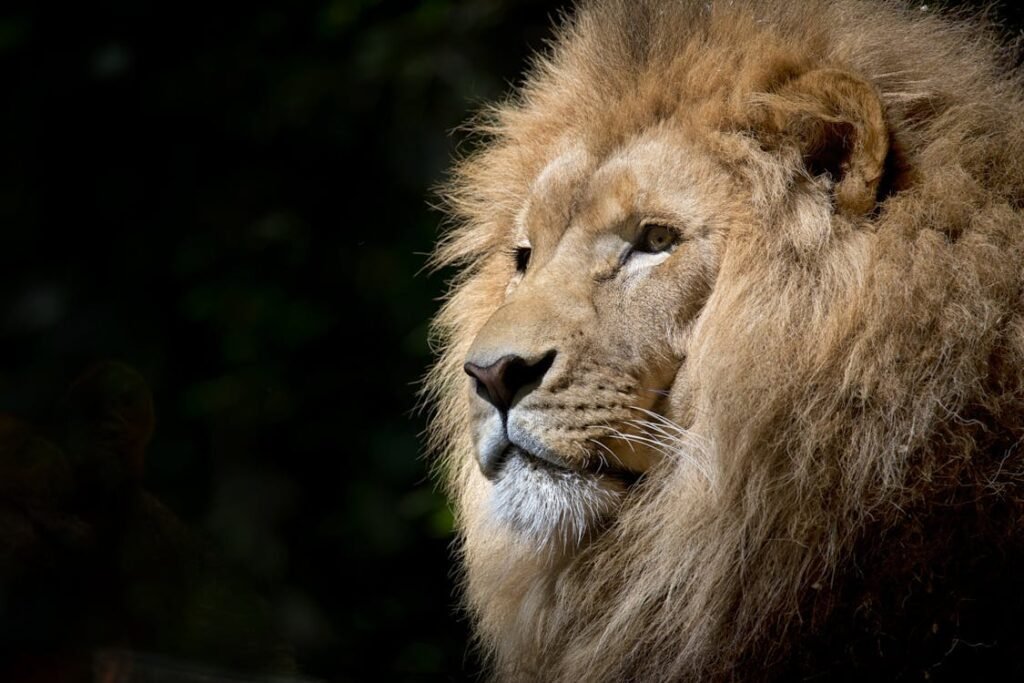
Conservation
From remote jungles to high mountains, we support field research and habitat protection where wild cats live.

Community
Explore the Diversity of Wild Cats Around the World
From towering tigers to elusive lynxes, our planet is home to 40 wild cat species—each playing a vital role in their ecosystem. Discover how these remarkable animals survive, thrive, and inspire.
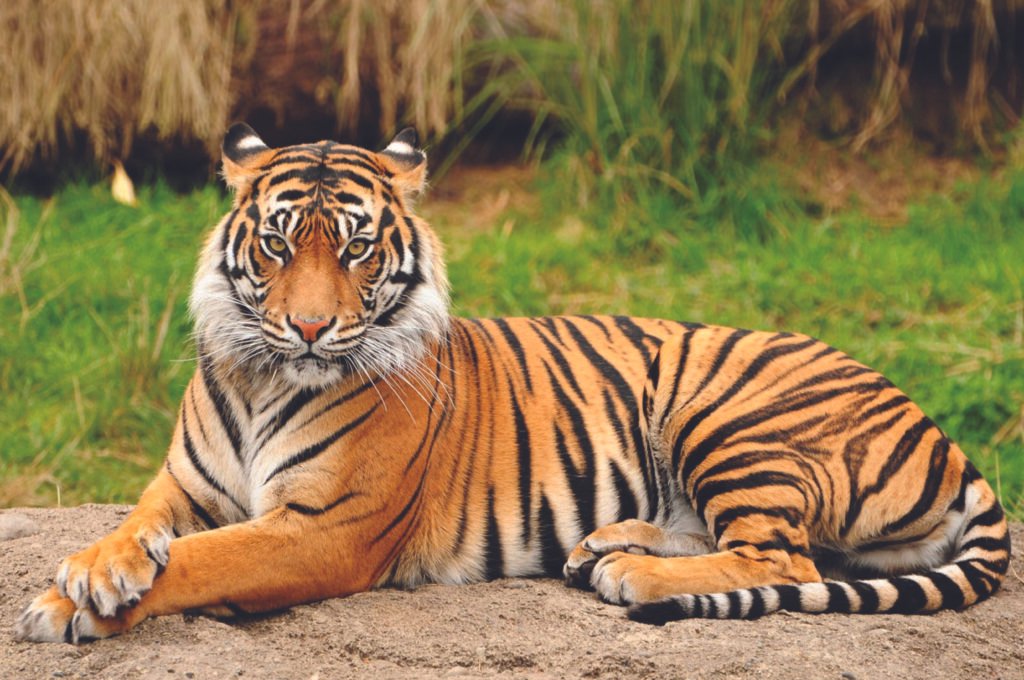
Tiger
(Panthera tigris)
Conservation Status:
Endangered
Estimated Population: 4500-5500
Country:
South/Southeast Asia (India, China, Russia, Indonesia)
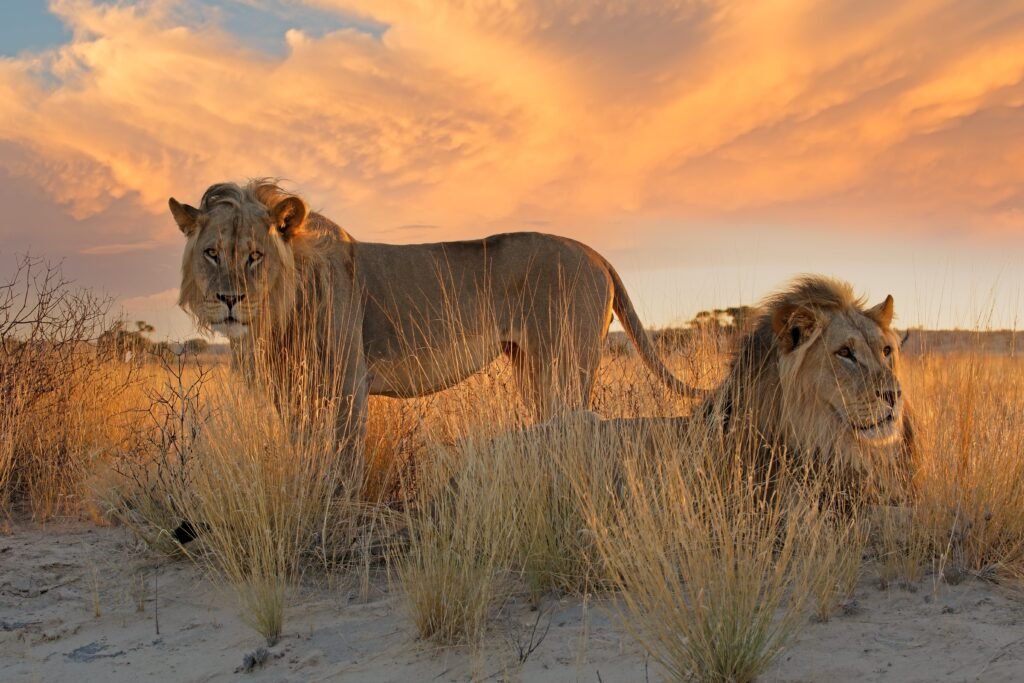
Lion
(Panthera leo)
Conservation Status:
Vulnerable
Estimated Population: 23000-39000
Country:
Sub-Saharan Africa, Gir Forest (India)
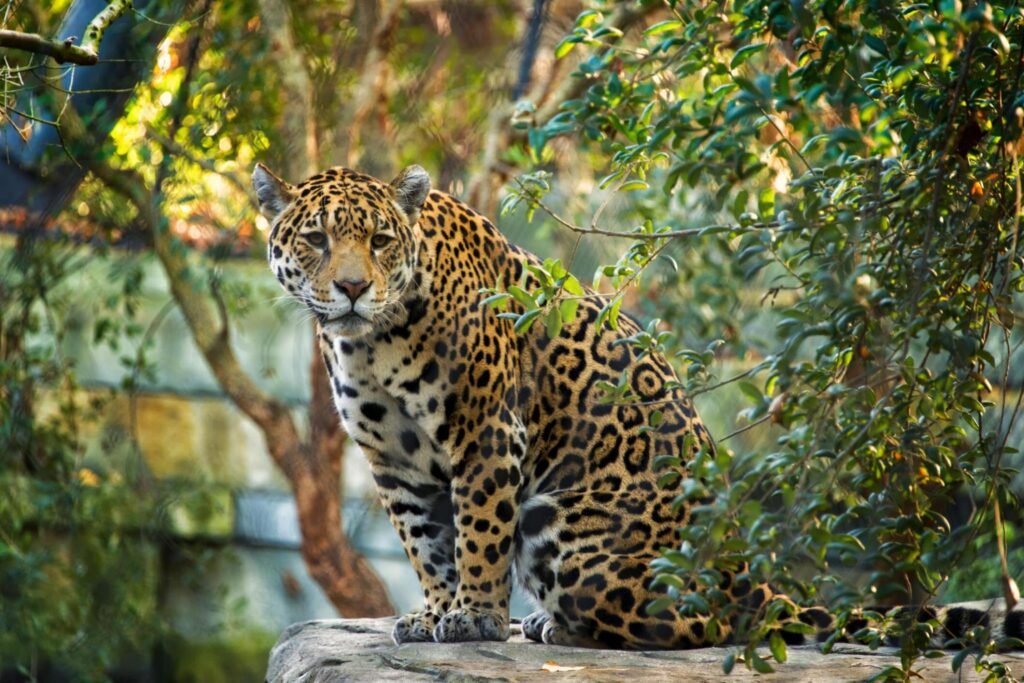
Jaguar
(Panthera onca)
Conservation Status:
Near Threatened
Estimated Population: 15000-20000
Country:
Central/South America (Mexico to Argentina)
Ways You Can Help
Join our conservation efforts and make a real difference for wild cats around the world.

Ways You Can Help
Join our community of conservationists with a membership that fits your commitment level.

Make a Donation
Every contribution helps fund critical conservation programs for endangered wild cats.

Shop Our Store
Purchase merchandise that directly supports our conservation initiatives worldwide.

Spread the Word
Share our mission with your network to raise awareness for wild cat conservation.
Become a Voice for the Voiceless
Every day, wild cats around the world face threats like habitat loss, poaching, and natural climate progression. But hope isn’t lost. With your support, we can protect these majestic animals and preserve their habitats.
Join our growing community of wildlife champions and help create a safer future for all 40 wild cat species.
News & Articles
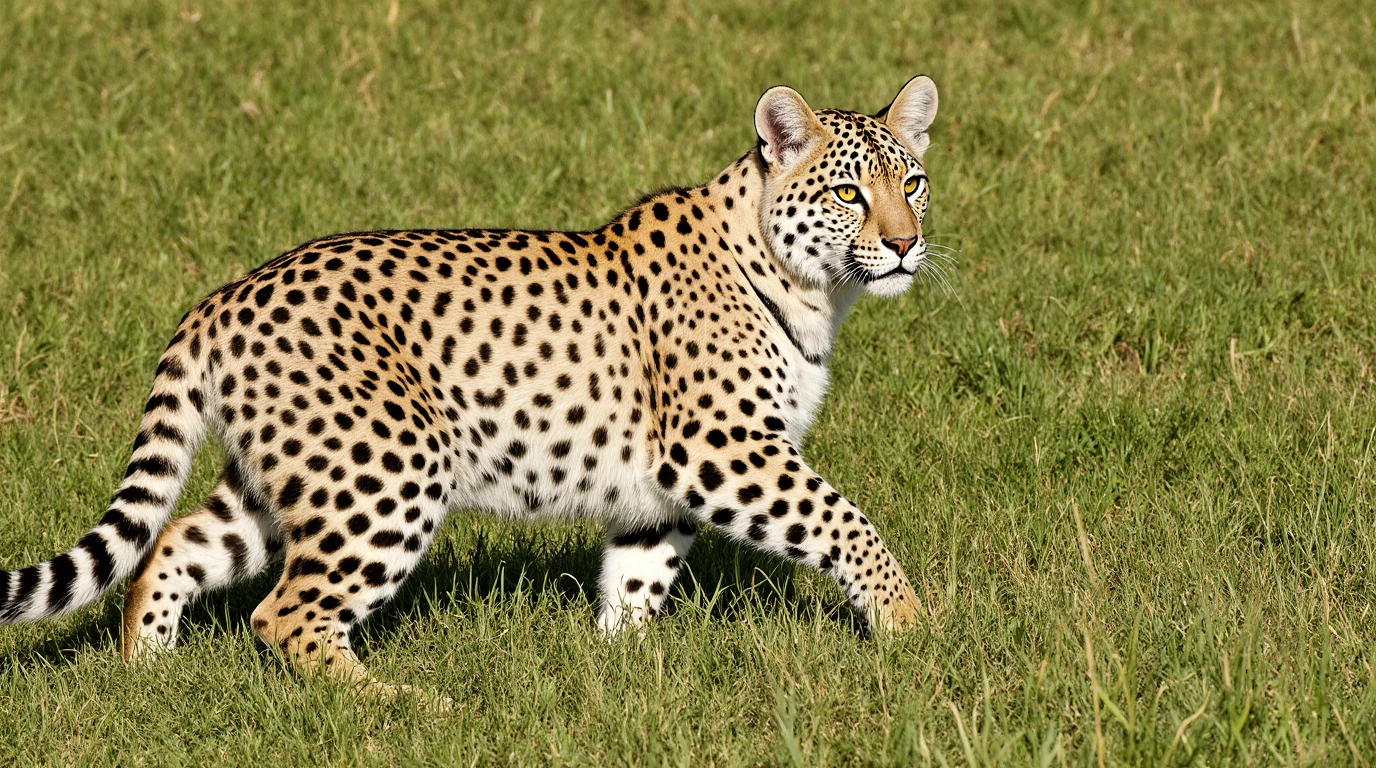
The Role of Wild Cats in Ecosystems
Wild cats are more than just beautiful creatures — they are crucial for maintaining balance in the wild.
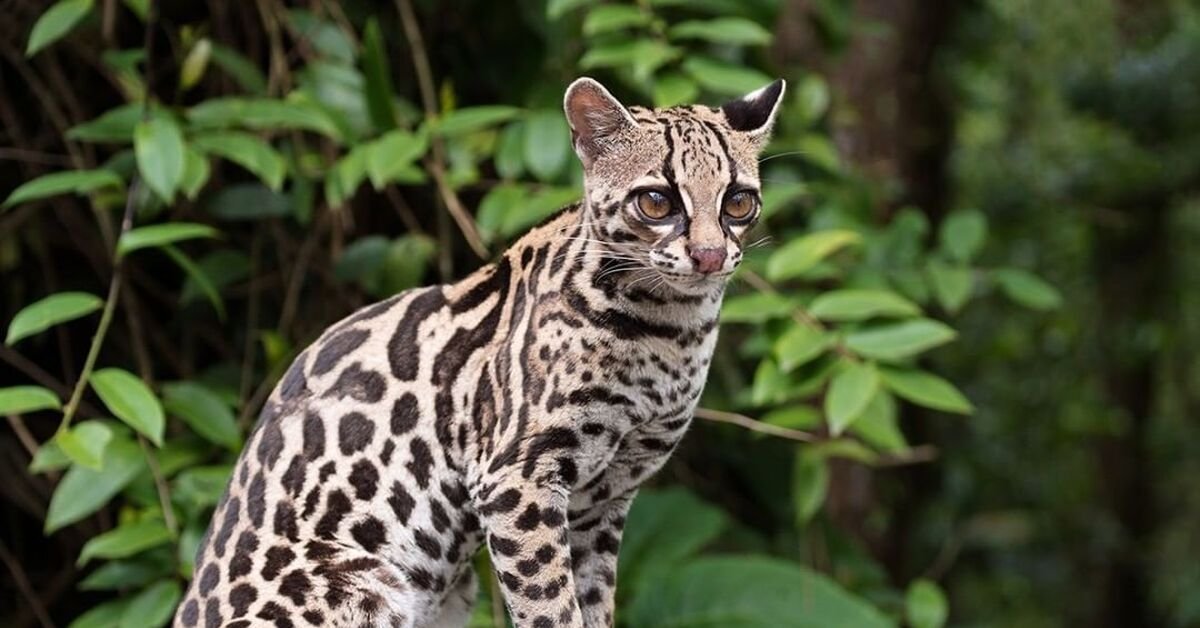
Why Every Wild Cat Matters — Big or Small
When we think of wild cats, images of majestic tigers, roaring lions, or stealthy leopards often come to mind. But the wild cat family is far more diverse, with over
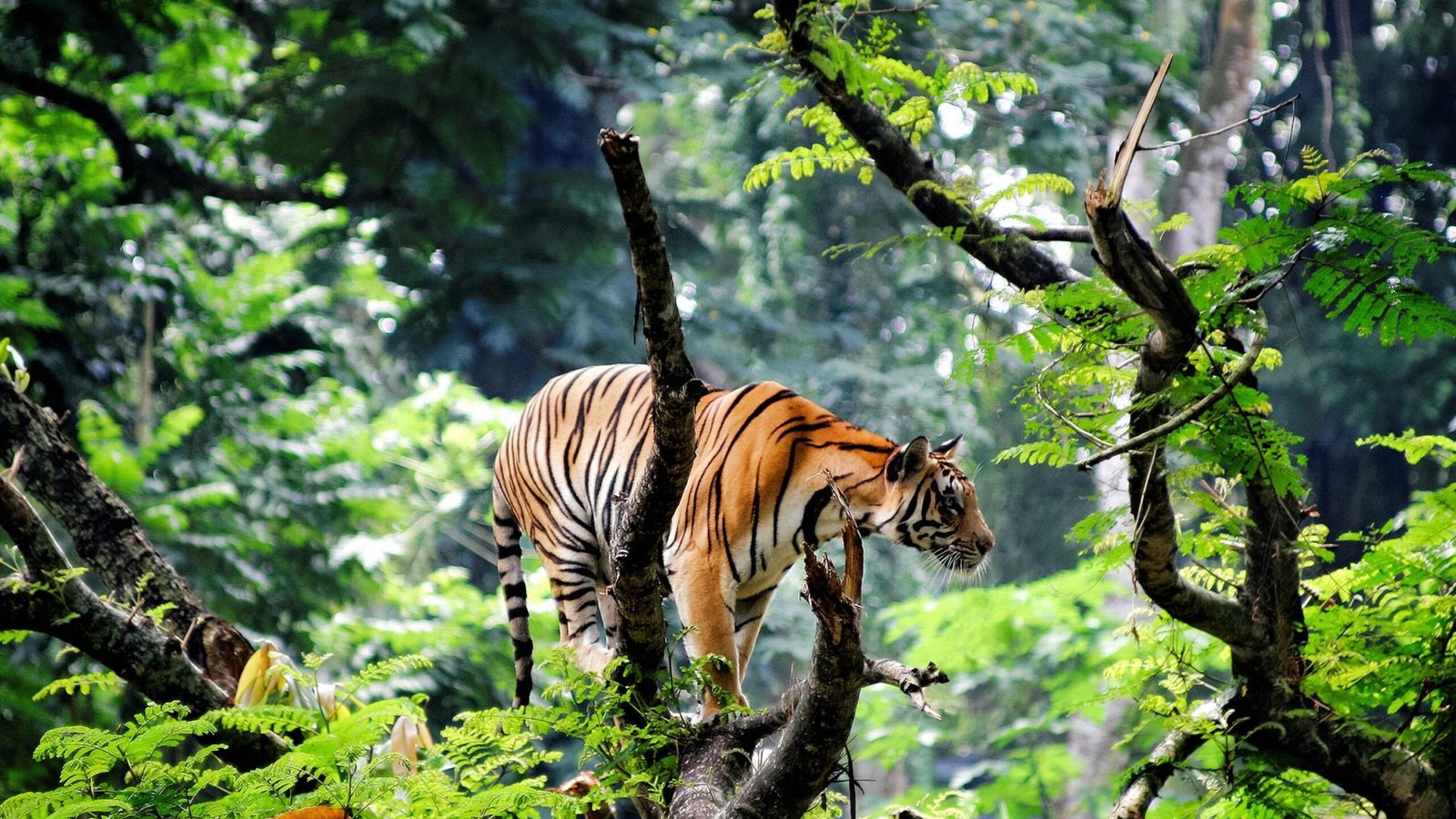
Why Tigers Still Need Our Protection in 2025
Tigers are iconic, powerful, and revered across cultures — yet they remain among the world’s most endangered species. In 1900, it’s estimated that more than 100,000 tigers roamed Asia. Today,
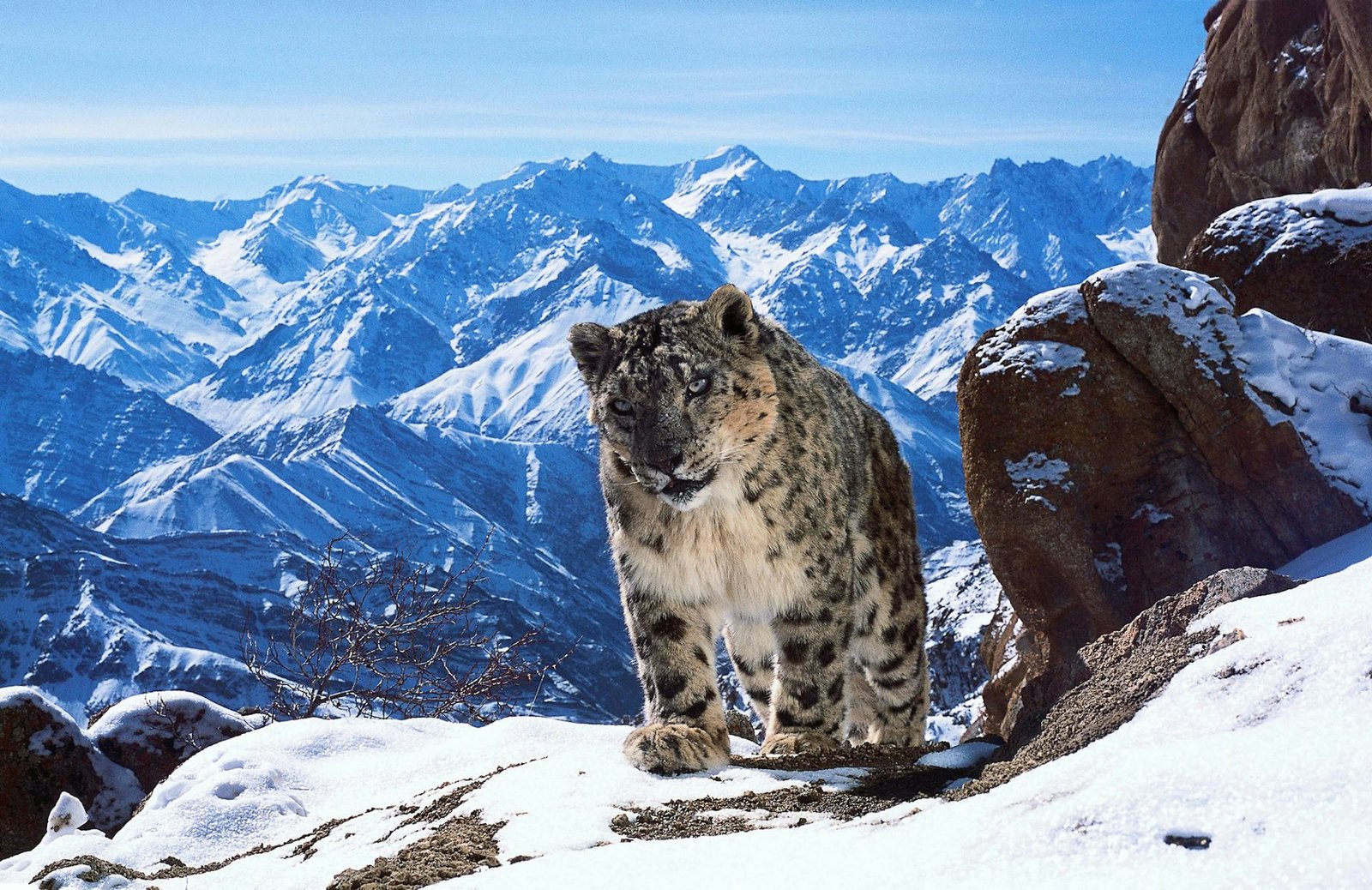
The Silent Struggle of the Snow Leopard
In the remote mountains of Central Asia, an elusive creature moves silently through the snow-covered cliffs — the Snow Leopard. Often referred to as the “Ghost of the Mountains,” this
